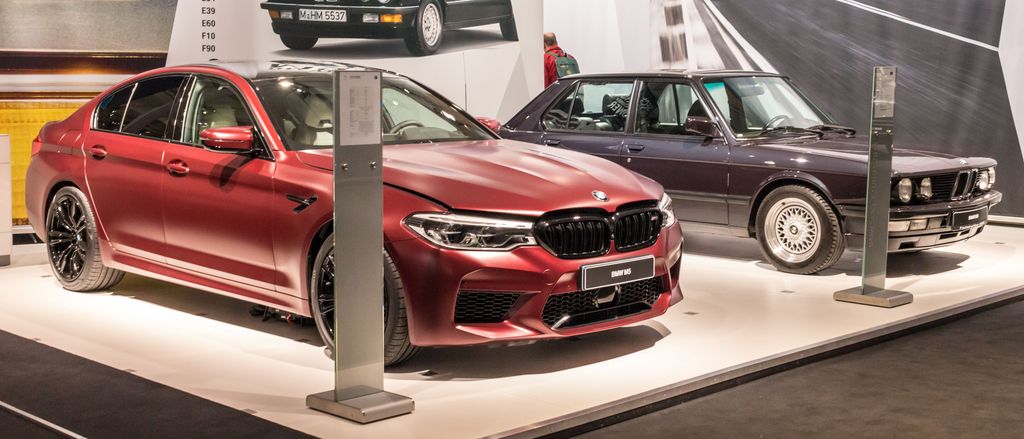Owning a luxury vehicle is, without a doubt, a thrilling experience, but the journey from dealership to driveway often involves a gauntlet of expenses that can quickly add up. Beyond the sticker price, down payments, and monthly installments, astute buyers know that factors like dealer fees, registration fees, insurance premiums, and, crucially, sales tax, play a massive role in the total cost of ownership. For those with an eye on premium automobiles, minimizing these auxiliary costs can translate into substantial savings, leaving more to appreciate the craftsmanship and performance of their prized possession.
Indeed, the sales tax alone can be a staggering figure on a high-value vehicle. Imagine applying a 10% sales tax to a $20,000 purchase; that’s an additional $2,000 before even considering documentation or DMV fees. For a luxury model, this figure can easily climb into tens of thousands of dollars, making the choice of where to register your vehicle an absolutely critical financial decision. While you can’t simply buy a car in a low-tax state and register it elsewhere to avoid your home state’s sales tax – as you must pay the sales tax rate of the state the car will be registered in, which is the state you reside in – knowing which states inherently offer a lighter tax burden is invaluable.
This comprehensive guide is designed to empower you with the knowledge needed to navigate the complex world of vehicle sales tax, especially when it comes to luxury cars. We’ve meticulously sifted through data to pinpoint the states where you can achieve the most favorable registration costs, focusing specifically on sales tax and other key fees. Whether you’re considering a move, or simply enjoy understanding the nuances of car ownership, understanding these state-by-state differences is paramount. Let’s dive into the first half of our top picks, revealing the states that stand out for their minimal or non-existent sales tax requirements.

1. **Alaska (0% Sales Tax)**Alaska consistently ranks as a premier destination for car buyers looking to circumvent the hefty burden of statewide sales tax. For residents considering a luxury vehicle, this is a monumental advantage, immediately eliminating a significant percentage of the purchase price that would otherwise go to state coffers. This absence of a statewide sales tax means that right from the outset, you’re looking at thousands of dollars in potential savings compared to states with higher rates.
While Alaska does boast a 0% state sales tax, it’s important to remember that local taxes can still apply, varying significantly from city to city. For instance, registering a new non-commercial passenger car in Juneau might cost $70, but in Afognak, that figure jumps to $300. These local variations underscore the importance of checking the specific fees for your exact locale within the state, ensuring you have a complete picture of your total registration costs.
Despite these potential local fees, Alaska’s overall cost structure remains highly attractive. When calculating registration for a hypothetical 2025 BMW 330i, valued at an MSRP of $44,113, registering it in a city like Chickaloon, for instance, involves a $150 city tax. Adding a Standard Plate-No Renewal Fee brings the total to a respectable $265. This demonstrates how, even with additional charges, the absence of state sales tax keeps overall costs remarkably low, often translating to average savings of $2,000 or more compared to the most expensive states.
The “Total Additional Costs” for Alaska are estimated between $650–$900, reflecting these various fees but still placing it firmly among the cheapest states for car buyers. For those passionate about luxury vehicles, registering in Alaska presents a straightforward path to considerable upfront savings, making the initial investment in a high-end car far more palatable without the specter of a large sales tax bill looming.

2. **Delaware (0% Sales Tax)**Delaware stands tall as another exceptional state offering no statewide sales tax on vehicle purchases, a factor that immediately propels it to the forefront for luxury car enthusiasts. This tax-free status represents an immediate and substantial saving, allowing buyers to allocate more of their budget directly to their vehicle rather than to state taxation. It’s a compelling reason why Delaware is consistently cited as one of the cheapest states to purchase a car.
However, it’s crucial to understand Delaware’s unique fee structure. While there’s no sales tax, the state charges a significant “Doc Fee” of 4.25% based on either the purchase price or the NADA book value, whichever is higher. In practice, this doc fee functions much like a sales tax, particularly for higher-value vehicles. For example, acquiring a high-performance 2,107-hp Rimac Nevera R, priced at $2.5 million, would incur a staggering $106,250 just for this documentation fee alone.
Despite this considerable doc fee, Delaware’s overall costs can still be advantageous, especially when compared to states with both high sales taxes and additional fees. For our 2025 BMW 330i example, the registration cost in Delaware would amount to $1,969.80, primarily driven by that $1,874 doc fee. While seemingly high for a “no sales tax” state, this figure should be weighed against the combined sales tax and documentation fees in other regions.
The “Total Additional Costs” for Delaware are quoted between $700–$2,200*, with the asterisk likely pointing to the variable nature of that 4.25% doc fee. This state is particularly appealing for buyers who prefer a clear, albeit substantial, upfront fee rather than a percentage-based sales tax that can add up unpredictably. The savings versus the most expensive states are still estimated to be $2,000+, positioning Delaware as a smart choice for those looking to manage their luxury vehicle acquisition costs effectively.

3. **Montana (0% Sales Tax)**Montana has long been synonymous with vehicle tax avoidance, particularly for high-end and luxury automobiles, and for very good reason: it imposes no statewide sales tax. This fundamental advantage makes Montana a perennial favorite for individuals seeking to minimize the financial outlay on their car purchases. Beyond the absence of sales tax, Montana sweetens the deal with low registration fees and, notably, a complete lack of state inspections and emissions testing requirements, simplifying the ownership experience for many.
The infamous “Montana loophole” involves setting up a Limited Liability Corporation (LLC) within the state to register vehicles, effectively allowing out-of-state owners to bypass their home state’s sales tax. While neighboring states like California and Utah are increasingly scrutinizing and cracking down on these practices, Montana itself clearly benefits from the revenue generated. The state’s Legislative Fiscal Division’s 2021 report even highlights a section titled “The Luxury Vehicle/Motorhome Fee and Tax Incentives,” indicating a recognition and embrace of this trend.
For those genuinely residing in Montana, the registration costs remain exceptionally low. Our 2025 BMW 330i example would cost just $223.51 to register, with an additional $198.51 for the County Option Tax, totaling $422.02. It’s worth noting that certain counties like Big Horn, Deer Lodge, Flathead, Granite, and Richland have no local option tax, offering even greater savings. The state also levies a specific “Luxury Vehicle Fee” of $825 for cars worth more than $150,000, which is still a relatively small fraction of the cost for many supercars.
Montana’s appeal is undeniable, as evidenced by the disproportionate number of high-end vehicles registered there. Bloomberg reported 31 Paganis and 131 Bugattis registered in Montana, compared to zero in neighboring Washington State, despite Washington’s significantly larger population. With “Total Additional Costs” ranging from $500–$750 and average savings of $3,000+ against the most expensive states, Montana continues to be a compelling option for luxury vehicle owners, particularly those who genuinely call Big Sky Country home.
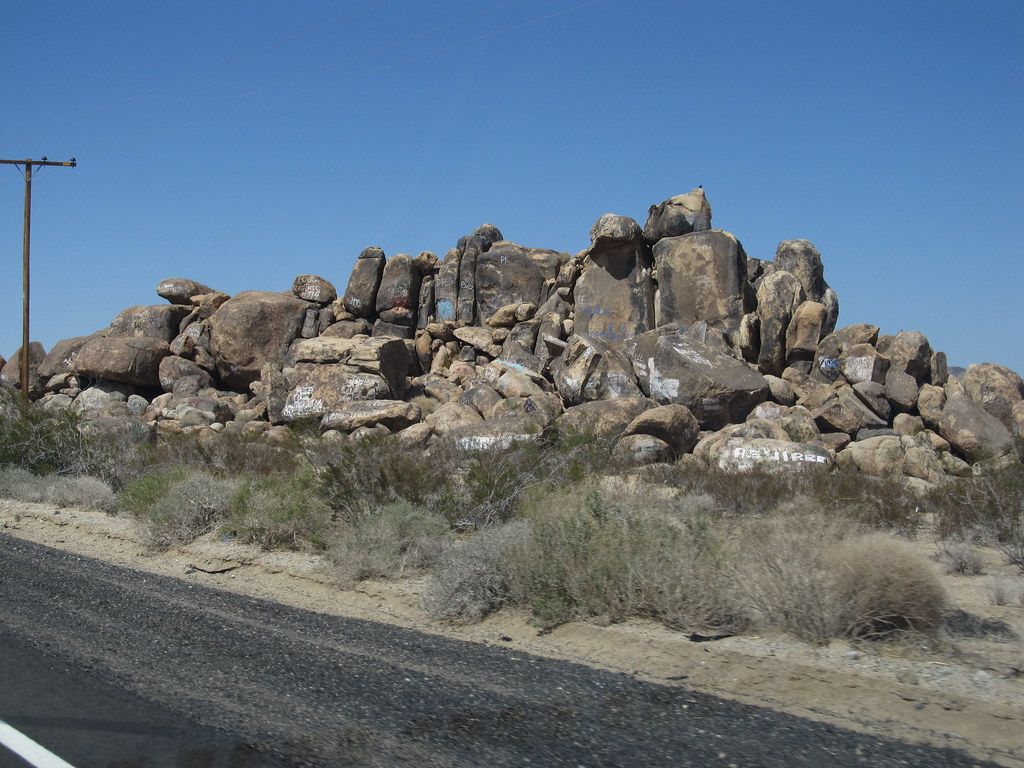
4. **New Hampshire (0% Sales Tax)**New Hampshire proudly upholds its reputation as a state free from statewide sales tax, extending this significant benefit to vehicle purchases. For anyone contemplating the acquisition of a luxury car, the absence of this tax can lead to considerable upfront savings, directly contributing to a lower overall out-the-door price. This policy is a cornerstone of New Hampshire’s appeal to value-conscious buyers across the spectrum of the automotive market.
While the state eschews sales tax, vehicle registration fees in New Hampshire are a more notable expense compared to some other no-sales-tax states. These fees are largely influenced by city permit fees, which are calculated based on the vehicle’s model year. For current model year vehicles, owners face a charge of $18 per thousand dollars of value. This system means that newer luxury vehicles will incur higher registration costs, though this is partially offset by the complete absence of sales tax.
Using our standard example, the 2025 BMW 330i with an MSRP of $44,113, a 12-month registration estimate in New Hampshire comes out to $877.20. This amount reflects the model year-based fee structure. Interestingly, if the BMW were just one year older, the rate would drop to $15 per thousand, illustrating a potential benefit for buying slightly used vehicles in the state. This nuanced approach to registration means buyers should factor in the age of their luxury vehicle when calculating total costs.
Looking ahead, New Hampshire has voted to eliminate annual car inspections starting next year, which will further reduce the ongoing expenses associated with vehicle ownership. With “Total Additional Costs” estimated between $650–$850 and average savings of $3,000–$3,500 compared to high-tax states, New Hampshire remains a highly attractive option. Its clear-cut no-sales-tax policy, combined with future reductions in inspection burdens, makes it a financially savvy choice for luxury vehicle registration.

5. **Oregon (0% Sales Tax)**Oregon solidifies its position as the absolute cheapest state to buy a car in 2025, a distinction primarily driven by its lack of a statewide sales tax on all vehicle purchases, whether new or used. For luxury vehicle buyers, this means an immediate and profound reduction in the total cost, freeing up thousands of dollars that would otherwise be lost to taxation. This no-sales-tax policy is a huge draw, placing Oregon at the very top of our list for initial savings.
Beyond the absence of sales tax, Oregon also boasts remarkably low registration fees. New cars typically incur fees starting at $112, with costs decreasing as the vehicle ages, dropping to $53 for vehicles six years old or older. This progressive fee structure is highly favorable for both new and pre-owned luxury models, ensuring that ongoing registration expenses remain manageable. Even when local county fees apply, such as an extra $112 in Multnomah County or $60 in Washington and Clackamas County, the overall picture remains exceptionally positive.
For our hypothetical 2025 BMW 330i, the registration cost in Oregon is a mere $277, excluding any specific county add-ons. This figure is testament to the state’s commitment to keeping vehicle ownership affordable. Furthermore, Oregon offers enticing eco-friendly incentives, including up to $2,500 in state tax credits for electric vehicle purchases, which can significantly enhance the value proposition for luxury EV models.
With “Total Additional Costs” ranging from $500–$700, Oregon offers the highest average savings of $3,500+ when compared to the most expensive states. The combination of no state sales tax, low registration fees, and lower-than-national-average dealership documentation fees makes Oregon an unparalleled choice for luxury vehicle buyers prioritizing upfront savings and looking for an economically sound place to register their premium automobiles.

6. **Alabama (2.00% Sales Tax)**Stepping into the realm of states with exceptionally low sales tax rates, Alabama emerges as a prime candidate for luxury vehicle registration with a competitive 2.00% state sales tax. While not entirely tax-free like our previous entries, this rate is dramatically lower than the national average and stands out as one of the most favorable across the U.S. For those in pursuit of luxury automobiles, a 2% sales tax can still translate to significant financial relief compared to regions with rates soaring to 7% or more.
This low sales tax rate means that on a high-value luxury vehicle, the added cost due to state taxation remains relatively modest. For instance, a $100,000 luxury car would incur only $2,000 in state sales tax in Alabama, a figure that is often absorbed much more easily into a luxury car budget than the $7,000 or $8,000 that might be charged in higher-tax states. This direct percentage saving is a powerful incentive for residents or those considering relocating.
The context provided specifically highlights Alabama as one of the states with “low car sales tax rates,” confirming its standing as a budget-friendly option. While specific examples of registration fees or other localized costs for Alabama are not detailed in the provided information, the foundational advantage of its minimal sales tax rate positions it as an attractive choice. It’s crucial for buyers to investigate local county or city fees that might supplement this state rate, as is common in many states.
Overall, Alabama offers a compelling proposition for luxury vehicle owners seeking to keep their initial purchase costs down. Its 2.00% sales tax rate provides a clear and substantial saving over the majority of the country, making it a state where the dream of owning a high-end vehicle can become a more financially accessible reality, without the shock of an exorbitant tax bill.
Now, let’s continue our journey through states that offer compelling financial advantages for luxury vehicle registration. The preceding states showcased the power of zero or near-zero sales tax, providing a strong foundation for reducing ownership costs. This next set of states, while not always boasting a 0% sales tax, still presents rates dramatically lower than the national average, making them highly attractive for savvy luxury car buyers. Understanding these nuances is key to optimizing your investment and ensuring more of your budget goes towards enjoying your premium ride.

7. **Colorado (2.90% Sales Tax)**Moving from states with no sales tax, Colorado presents an incredibly appealing proposition with its remarkably low 2.90% state sales tax on vehicle purchases. For luxury car owners, this rate is a breath of fresh air, standing significantly below the national average and translating into substantial savings on high-value automobiles. When every percentage point can mean thousands of dollars, Colorado’s commitment to a lower sales tax structure is a clear win for those looking to acquire a premium vehicle without an exorbitant upfront tax bill.
Consider the impact of this 2.90% rate on a luxury vehicle priced at, say, $150,000. In Colorado, the state sales tax would amount to $4,350. While this is certainly a cost, it pales in comparison to what one would pay in states with higher rates, such as California at 7.25% ($10,875) or even a 7% state where the tax would be $10,500. This immediate reduction in sales tax frees up a significant portion of your budget, allowing it to be reinvested into accessories, maintenance, or simply enjoyed as a saving.
Beyond the state sales tax, it’s important for prospective luxury car owners in Colorado to be aware of any potential local or county-specific fees that might apply. As with many states, while the statewide rate is highly favorable, local jurisdictions can sometimes levy their own charges. However, even with the addition of such fees, Colorado’s foundational low sales tax rate means that the overall cost structure for registering a luxury vehicle remains highly competitive and often leads to considerable savings.
The state is consistently identified in the context as having “low car sales tax rates,” cementing its position as a financially sound choice for luxury vehicle acquisition. Its transparent and low sales tax policy, without the complexities of high documentation fees seen elsewhere, simplifies the calculation of your total purchase cost, providing a straightforward path to more affordable luxury car ownership.

8. **North Carolina (3.00% Sales Tax)**North Carolina distinguishes itself as another state offering a highly favorable sales tax rate for car purchases, clocking in at a mere 3.00%. This low rate is particularly attractive for luxury vehicle buyers, as it dramatically reduces the initial tax burden on high-value transactions. In a landscape where sales tax can quickly inflate the total cost of a premium automobile, North Carolina’s approach provides a welcome financial advantage, making luxury ownership more accessible and less taxing on the wallet.
A 3.00% sales tax rate translates directly into significant savings on a luxury car. For example, on a vehicle with a $120,000 price tag, the state sales tax in North Carolina would be $3,600. Compare this to the potentially tens of thousands that could be levied in states with sales tax rates of 7% or higher. This stark difference underscores North Carolina’s appeal for those aiming to minimize the upfront financial outlay on their dream car, allowing funds to be preserved for other aspects of luxury vehicle enjoyment.
While the state sales tax is impressively low, it is prudent for luxury car buyers to also consider local taxes and registration fees which can vary by county. The general information within the provided context emphasizes that “local taxes can also apply and could raise the overall tax rate,” which is a universal consideration. However, even with these potential local additions, the extremely low statewide sales tax anchors North Carolina firmly among the most cost-effective states for registering a luxury vehicle.
Despite one report mentioning North Carolina among states with “most punishing levels of taxes and fees” for new cars, it’s essential to segment that specific critique from the undeniable benefit of its low state sales tax, which is the primary focus for luxury vehicle registration. The core advantage for luxury buyers in North Carolina remains its very competitive 3.00% sales tax, ensuring that a substantial portion of the vehicle’s value is not immediately absorbed by state taxation.

9. **Hawaii (4.00% Sales Tax)**The Aloha State, Hawaii, enters our list with a state sales tax rate of 4.00% on vehicle purchases, positioning it as a highly attractive option for luxury car enthusiasts seeking to manage their costs. While not as low as the tax-free states, Hawaii’s rate is still considerably below the national average, ensuring that a significant portion of the luxury vehicle’s value is not immediately offset by taxation. This balanced approach to taxation makes Hawaii a financially savvy choice for those desiring a premium automobile in paradise.
For a luxury vehicle costing $100,000, a 4.00% sales tax would equate to $4,000. This figure offers a tangible saving when compared to states like California with its 7.25% rate, where the same vehicle would incur a $7,250 tax bill, or Kansas at 7.5% ($7,500). Such differences become even more pronounced with higher-value luxury models, making Hawaii’s 4% rate a powerful incentive for residents looking to keep their initial investment in a high-end car as streamlined as possible.
It is crucial for buyers in Hawaii to factor in other potential costs, such as registration fees and any local county fees that might be applicable. The provided context broadly states that “local taxes can also apply and could raise the overall tax rate,” a detail that remains pertinent across various states, including Hawaii. Nevertheless, the relatively modest state sales tax rate serves as a strong foundation for overall affordability, ensuring that luxury car buyers benefit from reduced upfront expenses.
Hawaii is explicitly listed among “States with Low Sales Tax On Cars” and is highlighted as one of the states with low car sales tax rates at or below 4%. This consistent recognition underscores its position as a favorable location for car purchases, particularly for luxury vehicles where every percentage point of sales tax can lead to substantial financial impact. The state’s appeal for managing luxury vehicle ownership costs is clear, allowing more of the budget to be allocated towards the vehicle itself.
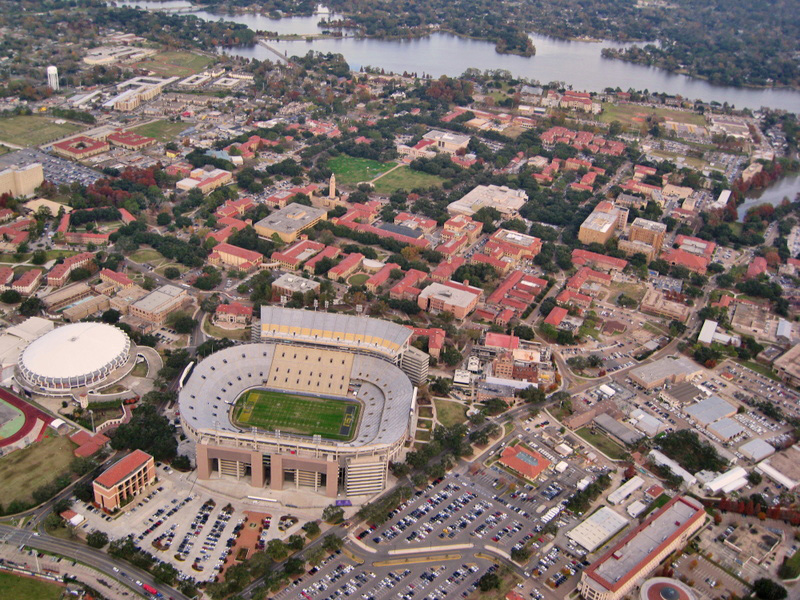
10. **Louisiana (4.00% Sales Tax)**Louisiana presents a compelling case for luxury vehicle registration with its 4.00% state sales tax, placing it firmly in the category of states offering significantly lower rates than the national average. For discerning buyers of high-end automobiles, this rate translates into immediate and noteworthy savings on the overall purchase price. In a market where luxury vehicle costs are inherently high, a reduced sales tax rate in Louisiana offers a welcome fiscal advantage, making the acquisition of a premium car a more financially manageable endeavor.
Applying Louisiana’s 4.00% sales tax to a luxury vehicle valued at $130,000 would result in a state tax of $5,200. This is a considerable saving when juxtaposed with states that levy higher percentages. For instance, in a state with a 6% sales tax, the same vehicle would cost $7,800 in taxes, showcasing the direct financial benefit of Louisiana’s lower rate. Such a difference can significantly influence the total out-the-door price for a luxury car, providing more financial flexibility for the owner.
While the state sales tax is favorable, it’s worth noting that the context highlights Louisiana as having “some of the highest rates in the country” for insurance. This is an important consideration for the overall cost of ownership, suggesting that while initial sales tax savings are robust, ongoing insurance premiums might partially offset these benefits. However, for the specific purpose of minimizing initial sales tax burden, Louisiana remains a strong contender.
The state is recognized multiple times within the context for its low sales tax on cars, specifically listed at 4%. This consistent mention reinforces its standing as a state conducive to more affordable vehicle purchases. Despite potential higher insurance costs, the significant upfront savings derived from Louisiana’s 4.00% sales tax make it a strategic choice for luxury vehicle owners seeking to optimize their initial financial investment.
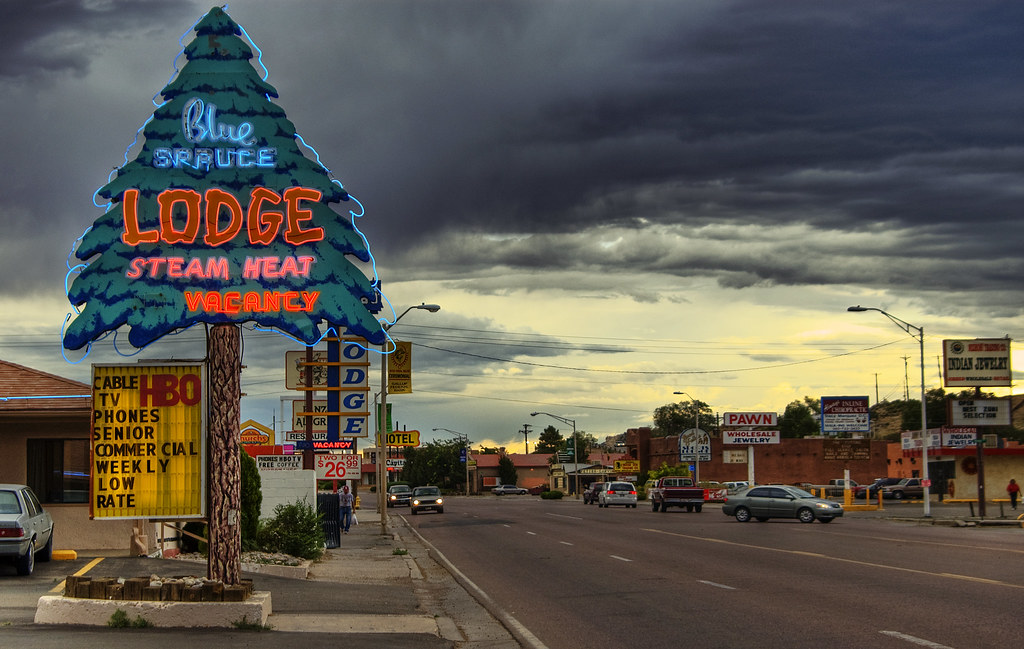
11. **New Mexico (4.00% Sales Tax)**New Mexico joins the ranks of states with attractive sales tax rates for vehicle purchases, offering a 4.00% state sales tax. This rate positions the Land of Enchantment as a financially sound choice for luxury vehicle owners, delivering considerable savings when compared to states with higher taxation. For those investing in high-value automobiles, New Mexico’s modest sales tax rate ensures that a greater portion of their budget can be dedicated to the vehicle itself, rather than to state coffers.
The 4.00% sales tax translates into tangible savings for luxury car buyers. For a high-end model with an MSRP of $140,000, the state sales tax in New Mexico would be $5,600. This is a distinct advantage over states like Texas with 6.25% ($8,750) or Washington at 6.8% ($9,520), showcasing how New Mexico’s lower rate contributes to a more appealing total purchase price. These savings are particularly impactful when dealing with the substantial price tags associated with luxury vehicles.
As with other states on this list, it’s always advisable for prospective buyers to inquire about any additional local or county taxes and fees that might apply in New Mexico. The article’s broader advice about checking local rates and accounting for documentation and registration fees is certainly relevant here. However, the foundational benefit of the 4.00% statewide sales tax ensures that New Mexico remains a cost-effective state for registering luxury automobiles.
New Mexico is unequivocally identified within the provided context as a state with a “low car sales tax rate” at 4%, alongside other financially favorable locations. This clear designation underscores its appeal for luxury vehicle owners seeking to minimize their initial financial outlay. The straightforward, lower sales tax policy makes New Mexico an excellent choice for those looking to invest in a premium car while maintaining fiscal prudence.
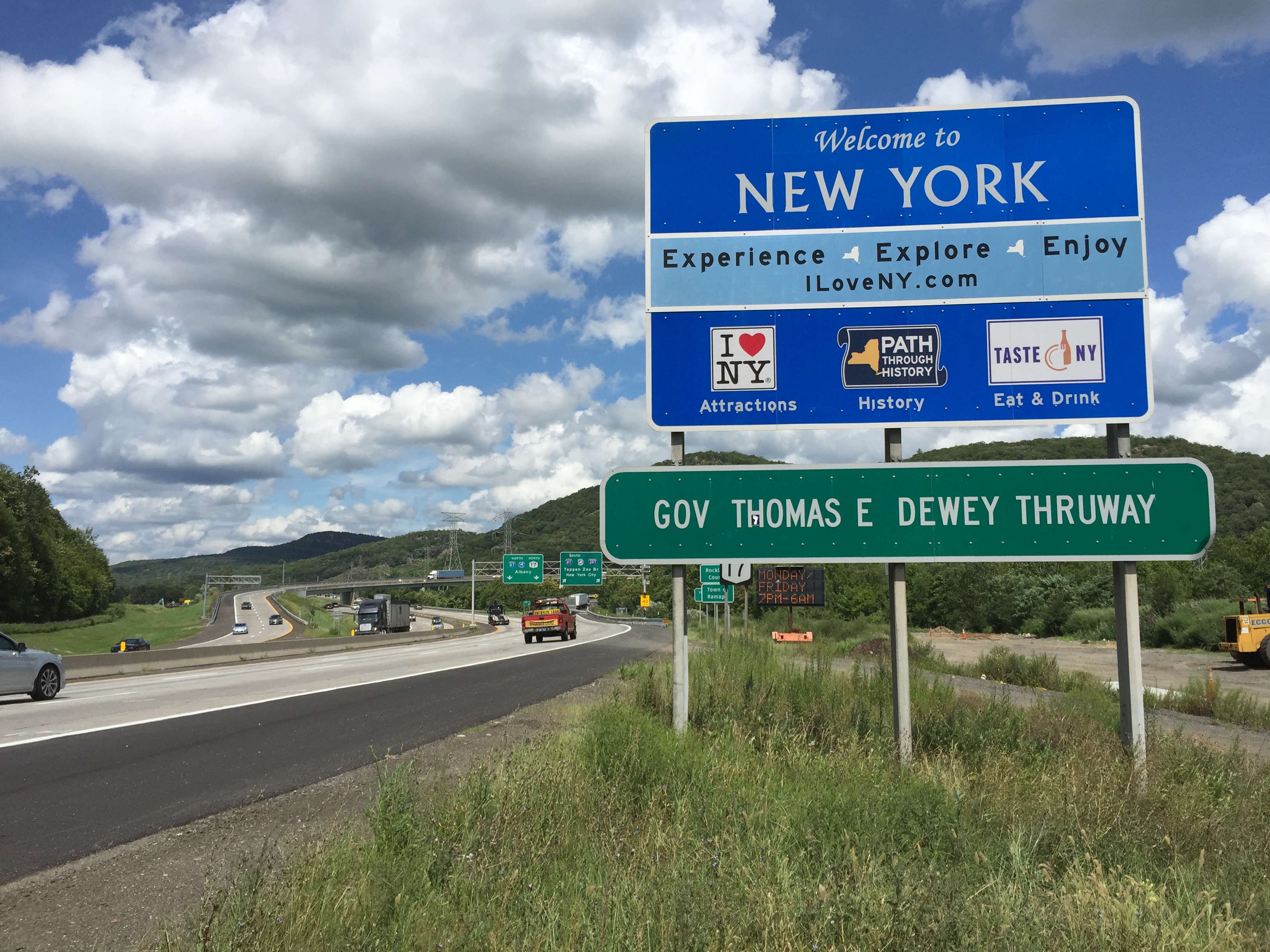
12. **New York (4.00% Sales Tax)**Rounding out our comprehensive list of states favorable for luxury vehicle registration, New York offers a state sales tax of 4.00%. While New York might not immediately come to mind as a low-tax haven, this statewide rate is surprisingly competitive for luxury car buyers, especially when considering the significant impact of sales tax on high-value vehicles. This 4.00% rate stands notably lower than many other states, presenting a valuable opportunity for savings on premium automobile purchases.
On a luxury vehicle with a $110,000 price tag, the 4.00% state sales tax in New York would amount to $4,400. This is a substantial saving when compared to states with higher sales tax rates, allowing for more budget flexibility for the luxury buyer. While the context mentions that 2-3-year-old SUVs in New York might be priced higher than in Florida, this refers to overall market pricing, not the state sales tax rate itself, which remains a consistent advantage.
It is vital for buyers in New York to understand that while the state sales tax is 4.00%, local sales taxes in various counties and cities can significantly increase the total tax burden. For instance, New York City has its own local sales tax that combines with the state rate. The context explicitly notes that “local taxes can also apply and could raise the overall tax rate, making it crucial to check local rates before finalizing a vehicle purchase.” This is particularly true for New York.
Despite potential variations with local taxes, the baseline 4.00% state sales tax for New York remains a compelling factor for luxury car owners. It is listed as one of the “States with Low Sales Tax On Cars,” reinforcing its position. For those strategically planning their luxury vehicle purchase, understanding this foundational state sales tax rate is a key component to achieving more favorable overall costs, even in a state often associated with higher expenses.
As we’ve journeyed through these states, it’s clear that the choice of where to register your luxury vehicle is far more than a simple administrative step – it’s a strategic financial decision that can save you thousands. From the completely tax-free havens like Oregon and Montana to the states with impressively low single-digit sales tax rates such as Colorado and New York, the opportunities to minimize your initial investment are abundant. However, remember the golden rule: while state sales tax is a major factor, always delve deeper into local fees, registration costs, and even insurance premiums to gain a complete picture. Armed with this knowledge, you’re not just buying a luxury car; you’re making a smart, informed investment that respects your budget and enhances the joy of premium ownership. Drive on, and drive smart!




